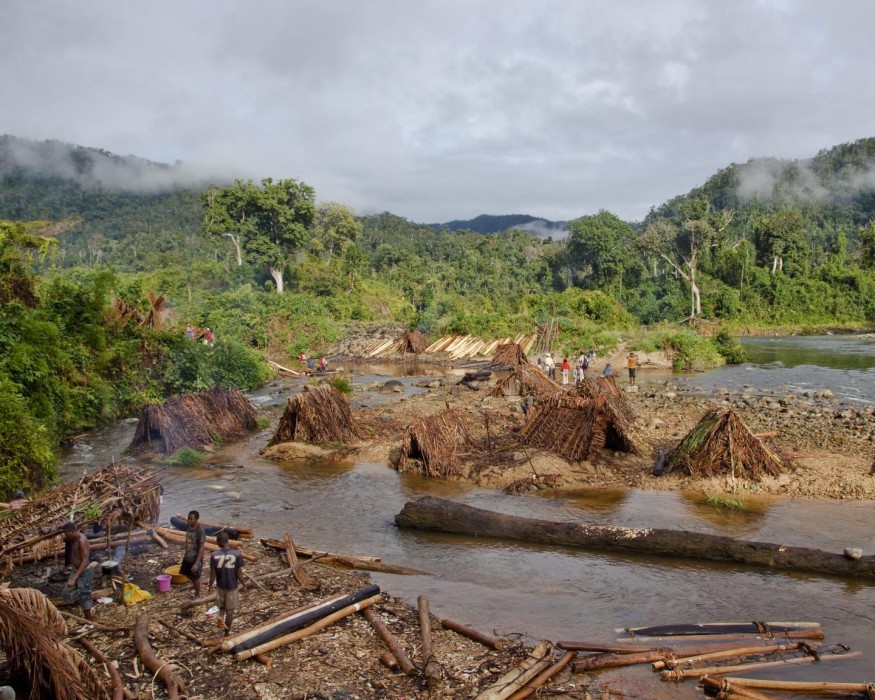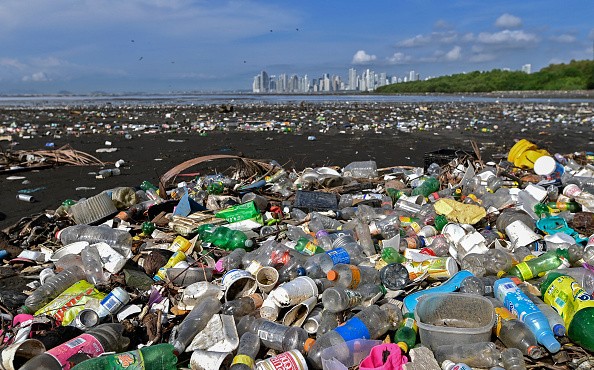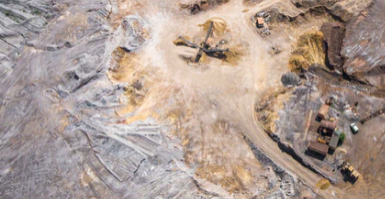Advocates urged for the worldwide criminalization of ecocide as "a strong answer."
The movement seeks to make widespread ecological deterioration and devastation a global crime against peace punishable.

Recognizing the Issue

Julia Jackson, a winery owner in California, has long understood the dangers posed by the ongoing global climate change catastrophe, which range from more severe storms and wildfires to rising sea levels.
But those concepts became real for her when her home was destroyed by the Kincade wildfire that wracked her beloved Sonoma county in 2019.
However, Jackson did more than reconstruct her life after that catastrophe, thanks to the wealth she amassed via her second-generation ownership of Jackson Family Wines, the ninth-largest wine producer in the US.
Since then, she has agreed to serve as the president of the US branch of a global campaign to declare ecocide, a crime against peace that may be prosecuted internationally.
The last week was spent in New York City by Jackson and her Stop Ecocide colleagues engaging with leaders attending Climate Week events and the UN General Assembly.
They also participated in a march from Foley Square to Battery Park in Manhattan on September 23 as part of one of 450 strike rallies planned globally by the Fridays for Future movement, which calls for climate justice and reparations.
They urged voters, among other things, to cast ballots in the upcoming US midterm elections in support of candidates who oppose practices like deforestation and who want to limit greenhouse gas emissions, which are some of the factors causing global warming and its effects, such as longer-lasting wildfires, more intense hurricanes, and coastal erosion.
However, the group's primary demand was that ecocide is recognized as a crime against peace, punishable by fines and even prison time, and brought before the UN's international criminal court.
Legislate Proper Laws

Recently, Jackson was keen to stress that Stop Ecocide does not want to see common working-class individuals, such as automobile drivers or frequent flyers, punished as international criminals and tried in the same court as those who committed genocide and other horrors during the war.
They only want an ecocide accusation to be a weapon in the arsenal of those attempting to restrain top-level government leaders whose objectives include escalating the climate problem.
As others have done over the years, Jackson, who serves as the executive director of the climate-focused nonprofit Grounded, singled out Brazilian President Jair Bolsonaro as an excellent candidate to face charges of ecocide due to the speedy devastation of the Amazon rainforest under his watch.
Among other things, Bolsonaro has ended environmental protection initiatives designed to save the Amazon, which absorbs greenhouse emissions and serves as a crucial barrier against global warming.
Additionally, he has advocated for opening native reserves and other protected sites to mining and agricultural operations, which would increase harmful emissions.
There are obstacles for the movement to get through, including formal ones.
It would require the consent of two-thirds of the nations that recognize the UN's international criminal court to include ecocide as a crime.
That amounts to more than 80 countries that must ratify it, and even then, those that reject it might restrict its application to their territories and nationals.
Continued Advocacy
According to Jackson, the United Kingdom, Spain, Iceland, France, Mexico, and Chile are among the nations that have publicly indicated an interest in the idea of designating ecocide as an international crime.
She hopes that the movement's momentum will only increase from then on-especially after the previous week.
For more news update about Environmental Action, don't forget to follow Nature World News!
© 2025 NatureWorldNews.com All rights reserved. Do not reproduce without permission.





